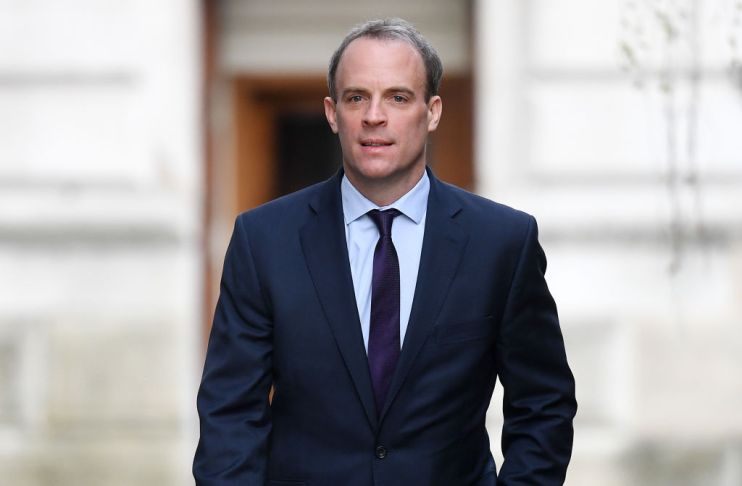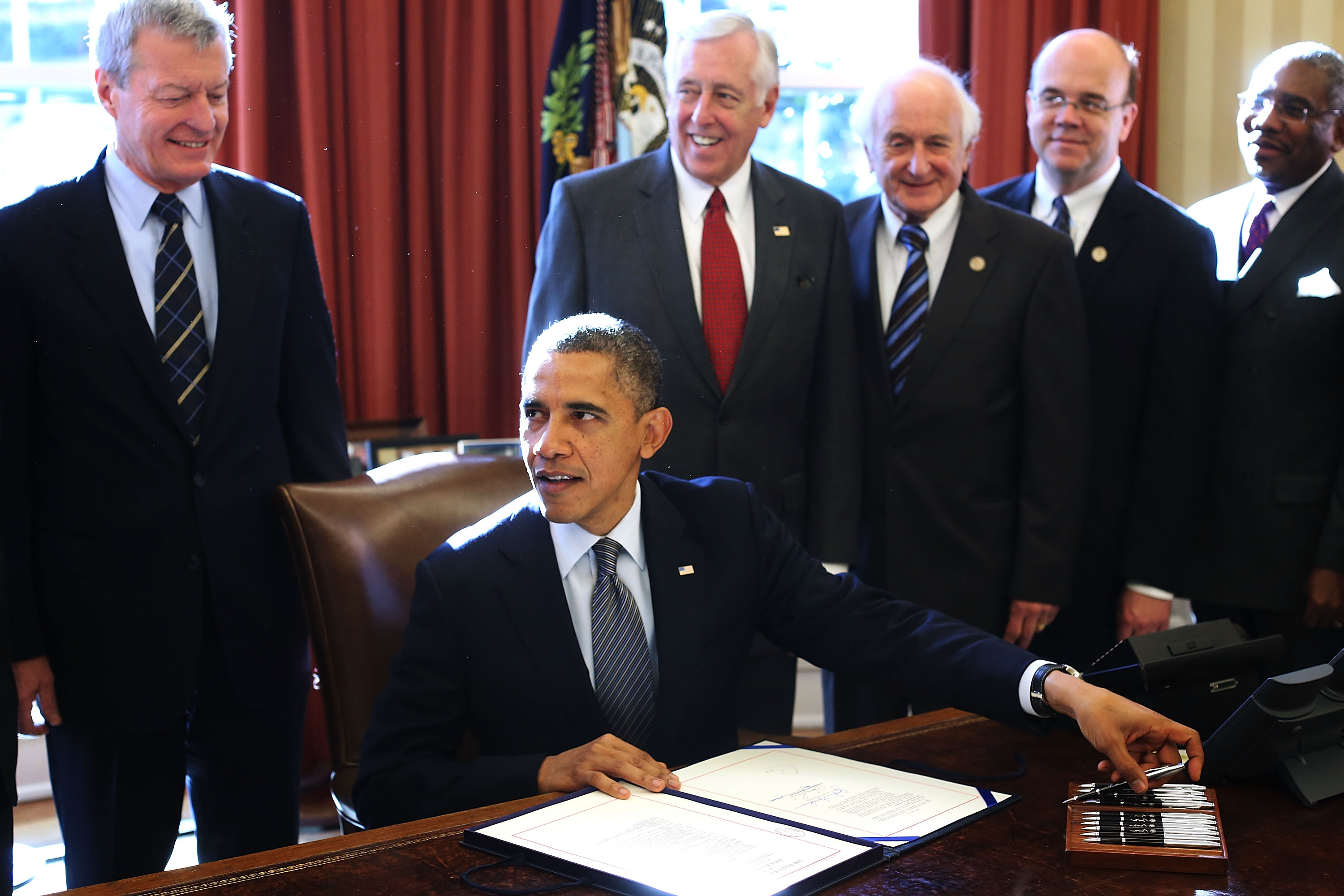Magnitsky Act: Dominic Raab unveils first foreign citizens facing visa restrictions

Foreign secretary Dominic Raab has unveiled the first 49 foreign citizens facing sanctions for alleged human rights abuses under the UK’s new Magnitsky Act.
Speaking in the Commons today, the foreign secretary said the UK was taking action against the “thugs of despots and henchmen of dictators” and those trying to launder their “blood-stained ill-gotten gains” in Britain.
The new sanctions include visa bans and asset freezes on individuals suspected of “serious” human rights abuses.
The legislation will target 20 Saudi citizens suspected of being involved in the death of journalist Jamal Khashoggi in 2018 and two high-ranking Myanmar generals over violence against the Rohingya people.
It will also place sanctions on two North Korean organisations involved in the “forced labour, torture and murder” in the nation’s gulags, and 25 Russians who are suspected to have played a part in the death of Sergei Magnitsky in 2009.
Magnitsky was a Russian lawyer who died in a Moscow jail in 2009 after alleging Russian officials were involved in large-scale tax fraud against Hermitage Capital Management, a foreign investment firm he was advising.
The whistleblower’s maltreatment while in custody was condemned by the European Court of Human Rights, and led to fresh legislation in the US in 2012 condemning human rights violations.
The UK passed the Magnitsky Act amendment in May 2018 following the poisoning of Sergei and Yulia Skripal in Salisbury. But a few months later in September, security minister Ben Wallace told the House of Commons that the powers to sanction could only be used after the UK had left the bloc.
Speaking in parliament today, Raab said: “This government is committed to the UK being an even stronger force for good in the world. We will hold to account the perpetrators of the worst human rights abuses.”

Raab said the sanctions will cover “an individual’s right to life”, from the threat of assassination or killing, and freedom from torture or slavery.
“Today the government sends a very clear message on behalf of the British people that those with blood on their hands — the thugs of despots, the henchmen of dictators — will not be be free to waltz into this country, to buy up property on the Kings Road, do their Christmas shopping in Knightsbridge, or frankly to siphon dirty money through British banks,” Raab said.
It will also be aimed at those that are benefitting and profiting from human rights abuses.
“The powers enable us to target a wider network of perpetrators including those who facilitate, incite, promote or support these crimes,” the foreign secretary added.
The new law will also crackdown on money laundering in the UK by foreign individuals. “If you’re a kleptocrat or an organised criminal you will not be able to launder your blood money in this country,” Raab said.
The move marks a turning point in British foreign policy, as the UK seeks to tighten its global position ahead of the Brexit transition period deadline on 31 December.
In the past, the UK has almost always imposed sanctions collectively as a member of the United Nations or the EU.
But Raab today heralded the introduction of a separate sanctions framework for the UK, following Britain’s departure from the EU in January.
Raab said: “From today, the UK will have new powers to stop those involved in serious human rights abuses and violations from entering the UK, channelling money through our banks and profiting from our economy.
“This is a clear example of how the UK will help to lead the world in standing up for human rights.
“We will not let those who seek to inflict pain and destroy the lives of innocent victims benefit from what the UK has to offer.”
He added: “This is about the UK demonstrating its commitment to addressing serious human rights abuses and violations around the world and upholding international standards.”
The Prime Minister’s official spokesperson today said the designations announced by Raab will come into play with immediate effect.
Bill Browder, chief executive of Hermitage Capital — the company Magnitsky alleged has been the subject of fraud by Russian officials — said the sanctioning of individuals involved would represent “a huge milestone” in his 10-year campaign for justice.
He told City A.M: “The US passed the Magnitsky Act in 2012, and here we are in 2020 and Britain has finally done it.”
“It’s very helpful because Britain beat the EU in doing this. The EU has been dragging its feet for a long time, and I hope this will goose the EU into action,” he added.
Browder said the UK has held back from implementing a US-style Magnitsky Act for several years due to a combination of Britain’s previous involvement with the EU, and a culture of inaction within Westminster.
“It was partially because of the EU’s complaints, and partially because of a singular careerist policy where civil servants had dissuaded multiple Prime Ministers from doing this. Raab was an obscure backbencher when the US passed the law and has been campaigning for it for quite some time.”
He added: “In order for any decision to be made by the EU, it has to be a consensus from all 27 member states, which means it has to be the lowest common denominator.
“If you’ve got member states like Hungary, whose Prime Minister Viktor Orban is good friends with Vladimir Putin, then they’re not going to want to have Magnitsky’s name on it.”
Browder added: “The UK has thrown down the gauntlet on having a moral foreign policy and the EU should follow suit.”
Before the Open: Get the jump on the markets with our early morning newsletter